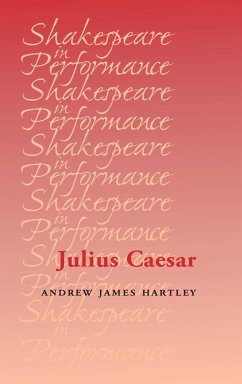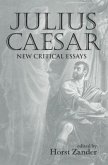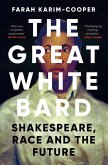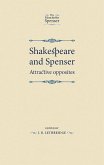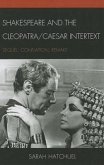Julius Caesar presents a performance history of a vexed and controversial play, moving from its 1599 opening all the way into the new millennium, with particular emphasis on its twentieth and twenty-first century incarnations on stage and screen. The book tracks the play's evolution from being a play about the oratorical skill of noble Romans to its recent manifestations as a dark political thriller. Each chapter examines a production or cluster of related productions, including Orson Welles's ground breaking study of European Fascism, Joseph Mankeiwicz's Oscar winning 1953 film, and landmark productions such as that by Edward Hall for the Royal Shakespeare Company. The book scrutinises the play's place in theatrical history, examining its manifestation of modernism in the 1960s and 1970s, its uneasy echoes of the Thatcher administration in the 1980s and 1990s, and its interrogation of post Soviet regimes and the reach of mass media. One chapter analyses two productions at the Georgia Shakespeare Festival, and another considers stagings in Germany, Austria, Italy, India and South Africa, in each case wrestling with the play's place in those countries' cultural and educational environments. Throughout, the book treats production not as a vehicle by which Shakespeare's text is broadcast but as a constructive entity with its own semiotic apparatus, and focuses less on textual cruxes and more on how productions affected their audiences. The result blows the dust off a play sometimes considered old-fashioned, navigates its thorny theatrical qualities, and revels in those productions which have so excited audiences.

